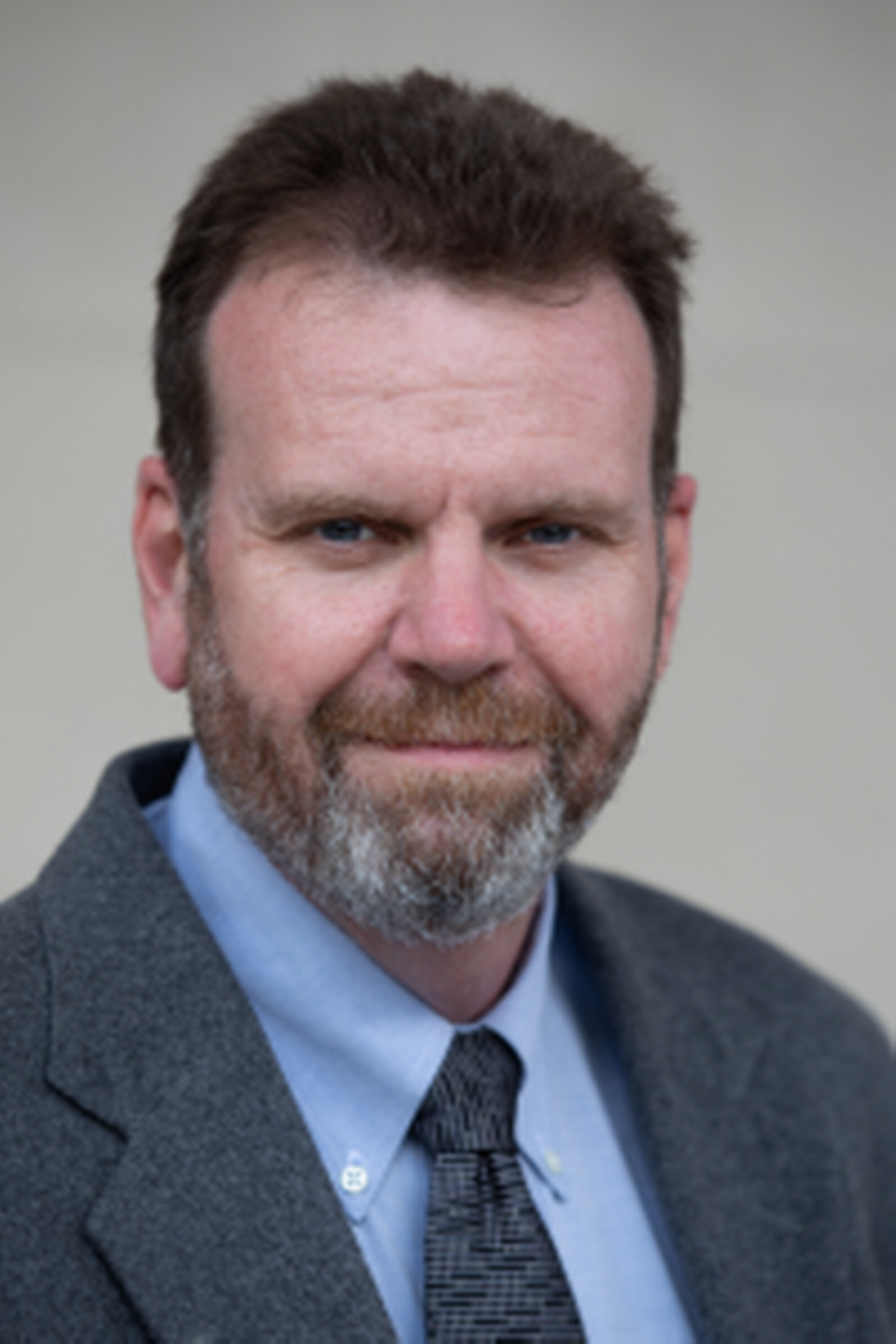War, peace, bourbon. It’s time for Kentucky to pay attention to global politics.
Making the argument that world affairs matter for state politics can be a strain anywhere. In Kentucky, nearly double land-locked and nowhere near an international border, it can be especially tough. But we know that much that happens in the world has an impact on Kentucky; the health of the bourbon, equestrian, and education industries all depend on international engagement. This year it seems that the politics of the Commonwealth are catching up with that reality.
Foreign policy is generally regarded as irrelevant to state politics and even to state contests for national office. 2022 and 2023 have only partially followed that pattern, though, as foreign policy disagreements have played out in some of the 2022 races. Charles Booker has leaned into a line of attack against Rand Paul that challenges the Senator’s hands-off approach to the Russia-Ukraine War. In KY-6, challenger Geoff Young has harshly attacked incumbent Representative Andy Barr for the latter’s support of Kyiv. Of course foreign policy is unlikely to prove decisive in either race, but given Kentucky’s perceived insularity it’s a little surprising international politics have featured at all.
Next year’s race for governor is also shaping up to have an international dimension. Agriculture Commissioner Ryan Quarles has consistently talked up international engagement over the course of his two terms in office, engagement that has included travel to China and elsewhere. Quarles graduated from the Patterson School of Diplomacy and International Commerce, the premier foreign affairs program in the Commonwealth, in 2006. High profile candidate Kelly Craft served for 15 months as the US ambassador to the United Nations and for nearly two years as Washington’s ambassador to Canada. Craft’s running mate, Senator Max Wise, also graduated from Patterson before working for several years in the Federal Bureau of Investigation. Wise has taught course on intelligence and foreign policy at the Patterson School and at Campbellsville University over the last decade.
For his part, Governor Andy Beshear has spent most of his term in office dealing with a virus that emerged in central China and rapidly spread around the world. The pandemic has completely dominated Kentucky politics since March 2020. As of late, the governor has dealt with the economic fallout of Russia’ war on Ukraine, which has led to inflation and supply chain challenges. This has reduced but not eliminated his foreign travel; earlier this year the Governor and the First Lady planned to visit Israel on a goodwill mission, but canceled that trip after massive flooding in Eastern Kentucky.
None of this should be surprising, because engagement with the world is absolutely critical for the future of the Commonwealth. While it may seem odd to ask about the foreign policy views of a candidate for governor, the leadership of Kentucky matters immensely for ensuring the health of Kentucky industry and the extent of international investment. Migrant farmworkers are critical for Kentucky agriculture, and thus immigration policy matters. Tariff policy is critical for agriculture and for the bourbon industry, and so trade wars matter. The decision to send weapons to Ukraine is critical for Kentucky’s aerospace and defense industries. Questions of war and peace matter for the soldiers, sailors, Marines, and airmen who serve abroad but call Kentucky home.
This creates obligations on the part of other communities in Kentucky. Journalists and voters need to be prepared to think about foreign policy. Journalists need to develop the expertise to cover how foreign policy affects Kentucky, while newspapers and TV stations need to figure out how to cultivate that expertise. This is a tough haul for an industry that has suffered from severe cutbacks over the years, but it’s no longer possible to tell the story of Kentucky without telling of its place in the wider world. Voters need to understand how international events affect them, and how their choice in the voting booth affect how Kentucky deals with both the problems and opportunities of international engagement. They need to understand the stake that they have in global politics.
The demands imposed and opportunities offered by global engagement will only increase in the future. Kentucky’s institutions need to be prepared to meet the demands and exploit the opportunities, and that will only come from an international engaged political class, a cohort of journalists able to understand and relate global issues, and a voting public educated to understand their role in the world.

Dr. Robert Farley has taught security and diplomacy courses at the Patterson School since 2005. He is the author of “Grounded: The Case for Abolishing the United States Air Force” (University Press of Kentucky, 2014), the Battleship Book (Wildside, 2016), and Patents for Power: Intellectual Property Law and the Diffusion of Military Technology (University of Chicago, 2020). Dr. Farley is also a founder and senior editor of Lawyers, Guns and Money.

